The Fourth Annual Family Planning Resource Guide
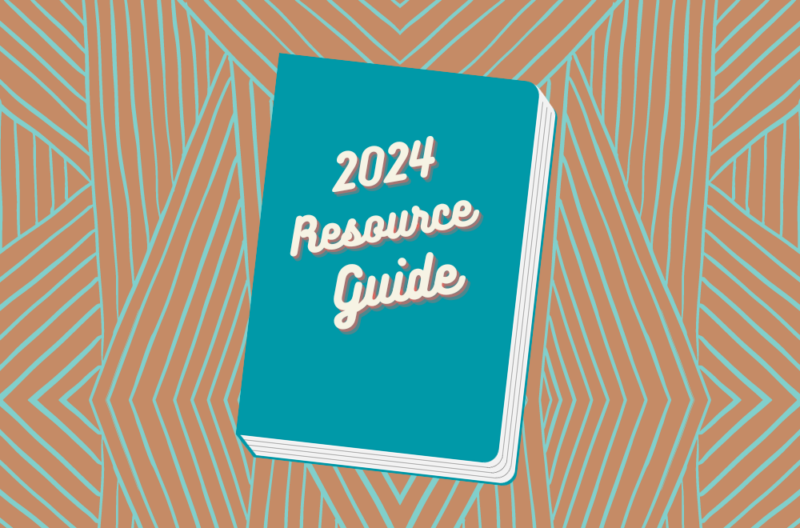
Introducing the fourth version of our family planning resource guide, including 17 tools and resources from 10 projects. Consider this your holiday gift guide for family planning resources!
As time goes on, priorities in family planning and reproductive health programming shift and expand to reflect the changing environment of health service delivery and policy, responding to the needs of FP/RH-service users and families. At Knowledge SUCCESS, our knowledge management implementation in FP/RH programming ebbs and flows with these shifts, responding to fill knowledge gaps and document program learning for the family planning workforce – and one thing remains the same: we aim to collect, synthesize, and curate knowledge produced by innovators around the world working towards the common goal of expanding access to quality FP/RH services and information. During this season, we engage in a critical exercise of stepping back and reflecting on the groundbreaking work our community has produced over the course of the year. With that, we’ve curated the fourth edition of our annual Family Planning Resource Guide, packaged like a holiday gift guide.
Though you are not “buying” these tools this holiday season, we know you will find this collection of diverse resources from a variety of projects useful, informative, and timely.
To compile the guide, Knowledge SUCCESS asked projects funded by USAID Population and Reproductive Health to submit resources that they have developed or enhanced in the past year. This year, the guide includes 17 resources from 10 different implementing partners and projects. Using our project’s commitment to integrating equity in KM, we are especially excited about the resources available in languages other than English, were either developed through an inclusionary co-design process or incorporated significant authorship from colleagues working all around the world. Partners shared a range of high-quality tools, which you can browse below by clicking on each project name.
We’d like to extend a warm “thank you” to all our partners who submitted resources for this guide. We hope this 2023 edition of the Family Planning Resource Guide helps you to see what new tools or resources were developed this year, and how they can be applied to your work. Thanks for reading, contributing, and being part of our “family tradition.”


Person-Centered Family Planning Counseling in the Private Sector, MOMENTUM Private Healthcare Delivery
Improving health provider behavior is crucial to achieving health and development goals. Providers, including those who work in family planning, operate in complex systems, and factors such as norms, health systems, (read more)uses the Counseling for Choice (C4C)* approach to support providers in the delivery of respectful, person-centered care.
Person-Centered Family Planning Counseling in the Private Sector: Counseling for Choice—experiences implementing and adapting a person-centered FP counseling approach is a technical brief that describes MOMENTUM Private Healthcare Delivery’s experience implementing the C4C approach in Uganda, Niger, Mali, Cote d’Ivoire, and Ghana. It includes lessons on how adaptations to C4C’s tools and training impacted knowledge transfer to providers and the effectiveness and scalability of the approach. The brief is available in English and French
*The Counseling for Choice (C4C): Approach and Toolkit was included as a resource in the 2nd edition of the Knowledge SUCCESS FP Resource Guide.(read less)
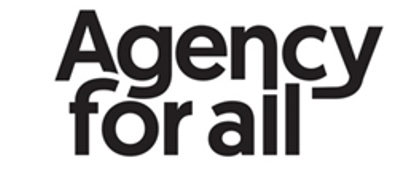
Infertility in Sub-Saharan Africa: A Literature Review to Inform a SBC Program Approach
To-date, infertility has not been a major focus of global sexual and reproductive health research and programming. To better understand the range of infertility experiences, (read more) Agency for All Project conducted a rapid literature review of primary and secondary infertility in the region of Sub-Saharan Africa, with the goal of informing a future social and behavior change intervention/s that support women and couples to build agency to achieve their self-determined reproductive goals by increasing fertility-related knowledge and decreasing infertility-related stigma.
(she also shared graphics and IGWG blog feature in case we want to link to these – follow-up when we know pub date)
(read less)

YouthCount Model Manual and User Guide: Generating Evidence for Youth Advocacy
What if girls marry later, use more effective family planning methods, and stay in school longer? (read more) The YouthCount model estimates the long-term impact of policy options related to youth sexual and reproductive health on health and economic metrics. The Excel-based tool calculates results for three scenarios based on achieving projected changes to the adolescent marriage rate, use of healthcare services, modern contraceptive prevalence rate, and family planning method mix. The tool was first applied in Guatemala, further discussed in a blog on“Why Youth Count." (read less)

Training Resource Package for Family Planning (TRP)
The TRP contains curriculum components and tools needed to design, implement, and evaluate training.(read more) It offers essential resources for family planning and reproductive health trainers, supervisors, and program managers. This year, MCGL supported a human-centered design revamp of this website offering more mobile-friendly and user-centered access to curriculum components and tools for trainers to design, implement, and evaluate family planning and reproductive health training. Modules are available in French and Spanish.(read less)

Silent Burden: Exploring the Link Between Adolescent Sexual and Reproductive Health and Perinatal Mental Health in Low- and Middle-Income Countries
This resource explores the link between adolescent sexual and reproductive health and perinatal mental health (PMH) in low- and middle-income countries. (read more)It highlights the vulnerabilities faced by adolescent girls in these countries, such as poverty, inequitable social and gender norms, and lack of supportive systems. The brief presents key findings from a landscape analysis and literature review and discusses the impact of PMH conditions on contraceptive use and future unintended pregnancies, including highlights of promising intervention approaches. (read less)

Collaborating, Learning, and Adapting Tools for Youth Social Accountability
The purpose of this suite of four tools is to help people understand, visualize, (read more) and discuss ways to improve youth participation in social accountability mechanisms. MCGL adapted these tools with YSD and YARO (youth partners) as part of our work on youth-led social accountability in Kenya and Ghana. These versions of the tools can be adapted and used by other young people to facilitate youth-led social accountability.
(read less)

Resources and Opportunities to Support and Invest in SBC for FP/RH
Social and behavior change (SBC) is a proven and cost-effective approach for achieving global FP/RH goals, such as ensuring universal access to FP/RH information and services. (read more) However, certain key decision makers may encounter challenges when supporting or investing in SBC for FP/RH. Previous findings from a behavioral analysis highlighted behavioral barriers and needs related to SBC for FP/RH investment and support.
Based on these findings and an in-depth review of existing resources, Breakthrough ACTION developed three resource collection guides and accompanying FP Insight collections to assist donors, country-level decision makers, and service delivery implementing partners to overcome challenges they face in supporting or investing in SBC for FP/RH. Available in English and French. (read less)

Shifting Social And Gender Norms As Part Of Social And Behavior Change, Part 1 [COURSE]
This online course was developed by Breakthrough ACTION and adapted from the in-person and virtual Social Norms Training Curriculum developed by the Passages Project. (read more) Part 1 offers an overview of social and gender norms and an introduction to using norms assessments for designing social and behavior change programs. The course uses animations and real-life case examples to illustrate the application of this work in different contexts and is available in French and English. Part 2, which will be available in 2024, covers the design of norms-shifting interventions and the measurement of these approaches. (read less)

The Family Planning (FP) Resilience Checklist
The Family Planning (FP) Resilience Checklist is an Excel-based tool to assess the extent to which voluntary family planning efforts, particularly in fragile settings, are integrating interventions to strengthen resilience of individual, couples, communities, and facilities to shocks and stresses, with the aim of scaling and sustaining demand, access, and use of family planning.(read less)
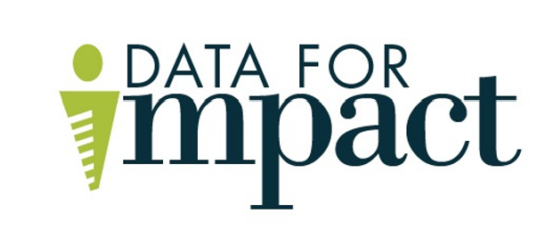
High Impact Practices Core Components Checklists
As FP programs increasingly integrate High impact practices in family planning (HIPs), questions have arisen about defining the essential elements that make up a HIP. (read more)Data for Impact (D4I) assessed three service delivery HIPs across selected USAID-funded projects in Bangladesh and Tanzania to address these questions. The assessment sought to understand the extent to which the three service delivery HIPs follow implementation standards or core components. Overall, 20 core components for the three service delivery HIPs were developed. The full report can be accessed here. (read less)

Going Local: Strengthening Local Capacity in General Local Data to Solve Local FP/RH Development Challenges
Data for Impact (D4I) supports countries that generate strong evidence for program and policy decision making and strengthen individual and organizational capacity to conduct high-quality research.(read more)
One approach to this objective is to administer a small scale grants program and collaborate with local researchers. Knowledge SUCCESS highlighted Data for Impact (D4I)’s Small Grants Program with a four-part blog series featuring the tacit lessons and experiences of family planning and reproductive health research conducted in Afghanistan, Bangladesh, Nigeria, and Nepal. Read the blogs and access the research reports in this FP Insight collection.
(read less)

Gender Competency Self-Assessment Toolkit for Family Planning Providers
How can we strengthen gender competency in reproductive health services? Data for Impact’s Gender Competency Self-Assessment Tool for Family Planning Providers provides a method for measuring the knowledge, attitudes, and skills of individual providers in six domains of gender competency.
(read more)
By completing this self-assessment, providers can determine their current level of gender competency, and thereby identify areas of strength and weakness in each domain. D4I is collaborating with the Ghana Health Services (GHS) to enhance the gender competency of family planning providers by scaling up the use of the tool. Learn more in this recent blog post or in an recent webinar on December 12, 2023. (read less)
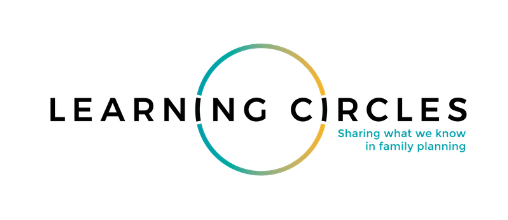
Learning Circles: KM Training Package
Do you want to strengthen dialogues around what is and what isn’t working in global health programs? This module provides the tools you need to host the popular participatory (read more)peer-to-peer program, called Learning Circles, co-created by Knowledge SUCCESS with members of the FP/RH community.
Through a series of co-creation workshops, Knowledge SUCCESS discovered that FP/RH professionals were seeking practical, contextually relevant knowledge and experience about how to implement successful programs and solve challenges—the kind of information that is not often found in formal reports and articles. To address this gap, the project created the online series, Learning Circles, to facilitate transparent dialogue, learning, and networking among professionals working in similar contexts so that shared experiences are relevant to everyone’s context. Between 2021 and 2023, Knowledge SUCCESS implemented 11 Learning Circles cohorts with global health professionals on a range of topics. With this training module, the project aims to scale the program to even more global health professionals by providing others with the tools and guidance to implement Learning Circles on their own. All training materials are available in English, French, Portuguese, and Swahili!
(read less)
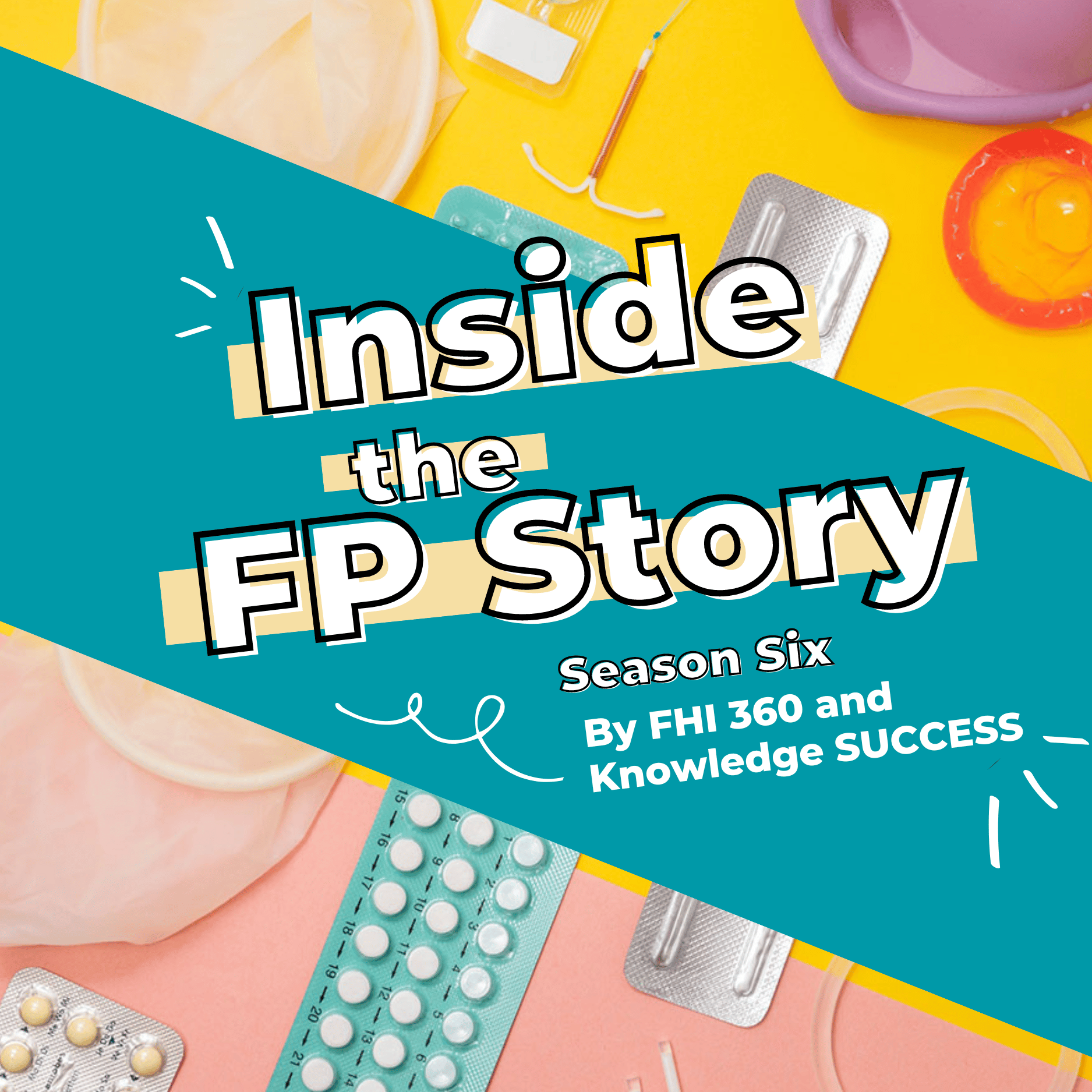
Inside The FP Story: Season Six
Our Inside the FP Story podcast explores the fundamentals of designing and implementing family planning programming. In August we launched Season 6, brought to you by Knowledge SUCCESS and FHI 360.(read more) This season introduces the fundamentals of sexual and reproductive health (SRH)—going beyond family planning to discuss issues like HIV, menstrual health, and self-care. The season features practical examples and experiences from community members, health providers, and program implementers from diverse settings to put research and programs into context. We interviewed guests from around the world, ranging from Mozambique to Mexico City, including youth-led organizations, clinicians, gender specialists, researchers and young people.
(read less)

R4S Newsletter
This November 2023 issue of a newsletter from the R4S Project provides a comprehensive overview and update of our work related to self-care for family planning, (read more)including: results from two studies across five countries examining attitudes, preferences, intentions, and behaviors relevant to FP self-care among women, men, and providers; insights from documenting integration of FP into HIV self-care strategies in Uganda; key findings from an assessment of service delivery channels aimed at reaching youth with Emergency Contraception in Malawi; and results from a study of a FP-focused chatbot in Cote d’Ivoire.
(read less)

Family Planning Webinars
Can individuals and communities manage and control aspects of healthcare and potentially shift or limit the timing and focus for interactions with the formal health care system? R4S explored these questions in two webinars on family planning and self-care, (read more)Understanding What Women and Providers Think of Family Planning Self-Care where stakeholders shared results of two multi-country studies on self-care and family planning and Listen up! Diverse where voices comment on how individual self-care preferences and experiences can and should intersect with country policies and programs, which featured speakers from Kenya, Niger, and Uganda. This last webinar recording is available in French and Spanish.(read less)

Partnering with Youth for Impact: Profiles of MOMENTUM Youth Partners from Across the Globe
Wondering how best to meet the family planning, sexual and reproductive health, and other needs of young people? (read more) Learn from the experiences of some of MOMENTUM’s dynamic youth partners in South Asia, and East and West Africa, who are working hard to put meaningful adolescent and youth engagement into practice. This document shares their practical insights and lessons related to increasing health knowledge and demand for health services, shifting community-based social and gender norms, improving access to quality health services, and creating adolescent-responsive systems across the humanitarian-development nexus. Read it in English or French! (read less)





